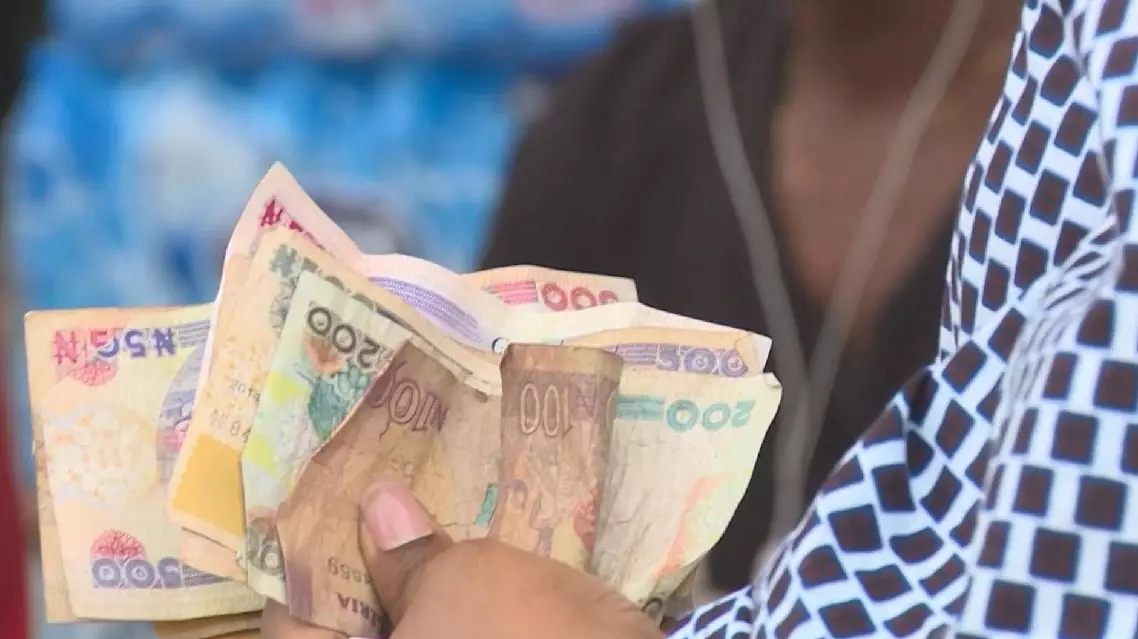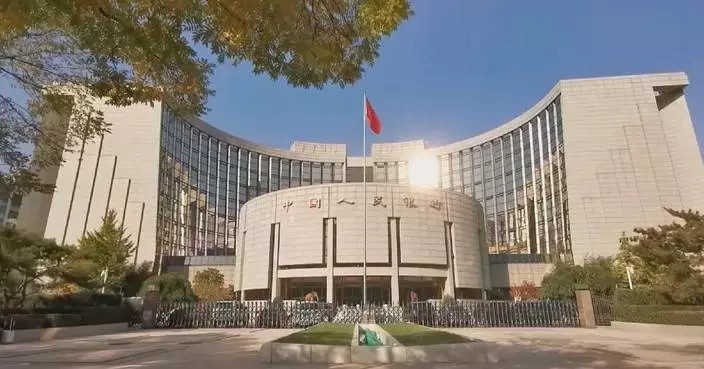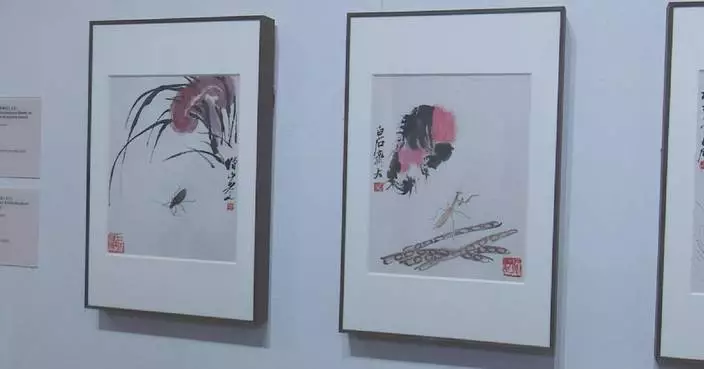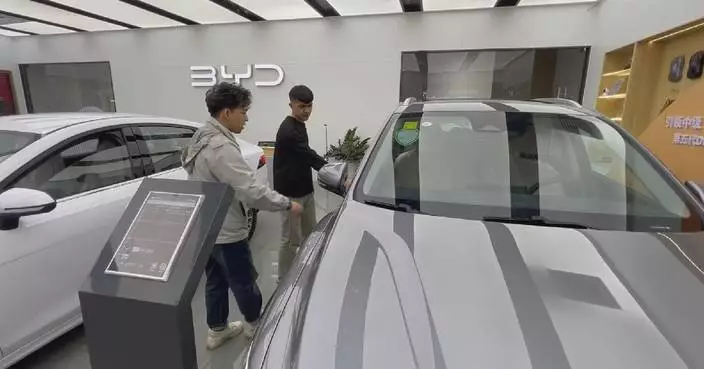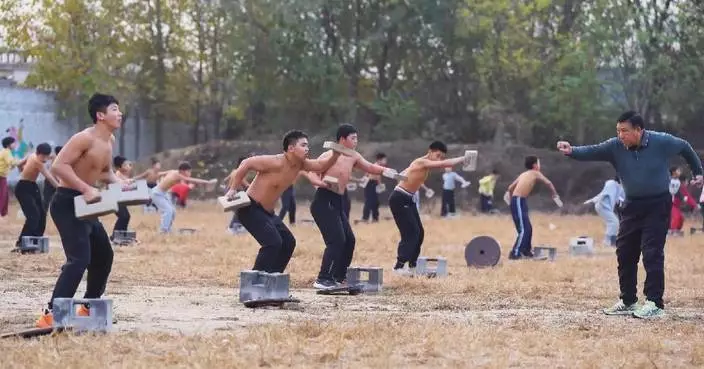As a first "welcome gift" to college freshmen, many universities across China have devised ingenious admission letters with full-blown sci-tech versatility like sophisticated chips and space alloys.
As this year marks the centennial for Sun Yat-sen University in Guangzhou City, south China's Guangdong Province, the university offer students a specific admission letter box with an emblem featuring the number 100.
The design of the "100" emblem is inspired by elements of Sun Yat-sen University's Guangzhou campus. The "1" draws from the statue of Sun Yat-sen along the central axis of the South Campus. The first "0" is inspired by the main gate of Swasey Hall, adorned with a holographic optical quartz plate engraved with the university emblem, capable of projecting the university motto when illuminated. It symbolizes the historical glory and strength of the institution. The silicon wafer at the center of the second "0" is made from materials donated by alumni.
Harbin Institute of Technology in northeast China's Heilongjiang Province rolled out its admission package featuring a "golden" key made of high-performance titanium alloy, similar to those used in critical components of aerospace vehicles.
This alloy boasts high strength, resistance to extreme temperatures, and excellent stability.
University of Electronic Science and Technology of China in Chengdu City, southwest China’s Sichuan Province designated its admission letter package with a cover featuring a sundial mechanism awaiting activation.
After activating the mechanism, one is greeted by an exquisite "ginkgo leaf chip" affixed to the sundial, reflecting significant events in the school's history.
The admission letter of Beijing University of Chemical Technology this year is made from carbon fiber composite materials for the first time. This material, developed independently by the school's Advanced Composite Materials Research Center, is known for its lightweight, high strength, stiffness, high temperature resistance, and corrosion resistance. It has been widely used in major national projects such as carrier rockets, satellite space stations, and large aircraft.
The admission letter presented by South China University of Technology in Guangzhou City uses high-performance aramid paper developed after more than 20 years of technical research and breaking the monopoly of foreign core technologies.
This high-performance fiber paper-based composite material is widely applied in aviation, aerospace, rail transportation, new energy, and other fields. It provides lightweight protection for large aircraft and space stations. It also offers high-reliability insulation for traction transformers and motors in high-speed trains, wind power generation motors, and ultra-high voltage power transmission and transformation.
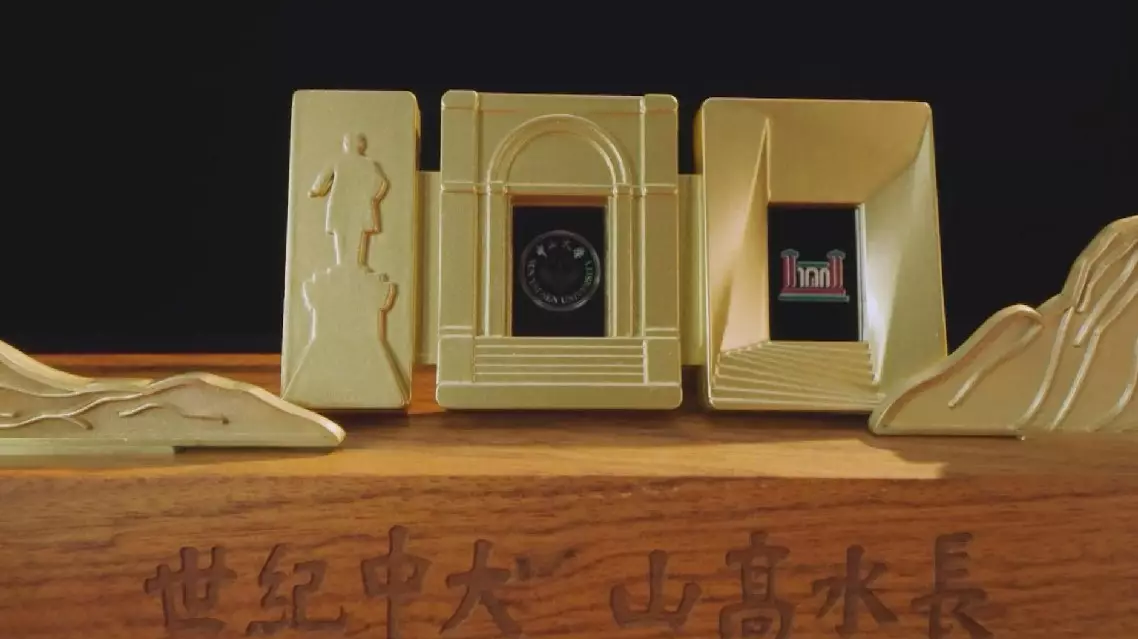
Chinese universities welcome college freshmen with ingenious admission letters


